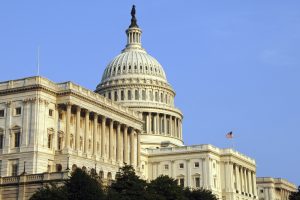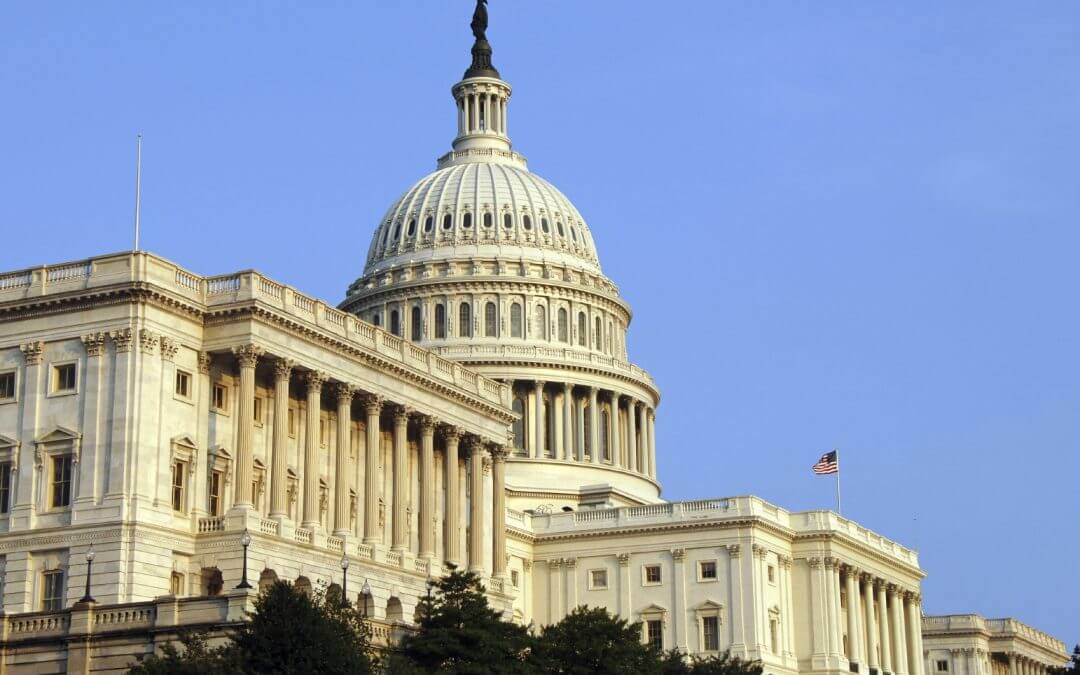Additional details on education provision in Senate GOP COVID-19 aid package
 From NSBA: Senate Republicans unveiled a new COVID-19 pandemic response plan with a total funding level of approximately $1 trillion. It addresses public education in a variety of ways. The proposed legislation includes $105 billion for education including approximately $70 billion for K-12 education. However, two-thirds of the funding is only available to districts with approved re-opening plans that must be submitted to and approved by the Governor. Republican leaders are referring to the comprehensive legislative section focused on appropriations as the HEALS Act (Health, Economic Assistance, Liability Protection, and Schools).
From NSBA: Senate Republicans unveiled a new COVID-19 pandemic response plan with a total funding level of approximately $1 trillion. It addresses public education in a variety of ways. The proposed legislation includes $105 billion for education including approximately $70 billion for K-12 education. However, two-thirds of the funding is only available to districts with approved re-opening plans that must be submitted to and approved by the Governor. Republican leaders are referring to the comprehensive legislative section focused on appropriations as the HEALS Act (Health, Economic Assistance, Liability Protection, and Schools).
The legislation in its current form has significant opposition but it will be used as a starting point for negotiations with the Democrats. It is expected it will change significantly as it moves through the legislative process. However, we wanted to highlight the proposal’s major education components and their potential impact on local school districts. There are multiple major troublesome issues with the legislation including inadequate funding levels, no dedicated funds for the homework gap, shifts toward moving funds to private education, and requirements around school building reopening restricting many of the funds. The summary of the major legislative sections impacting public schools follows: (more…)
